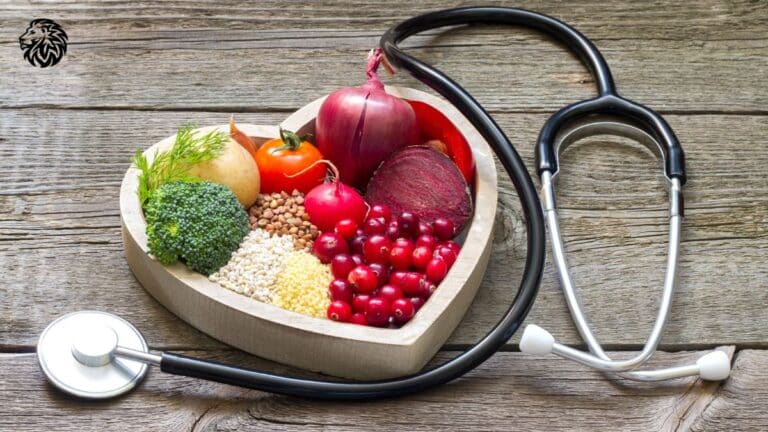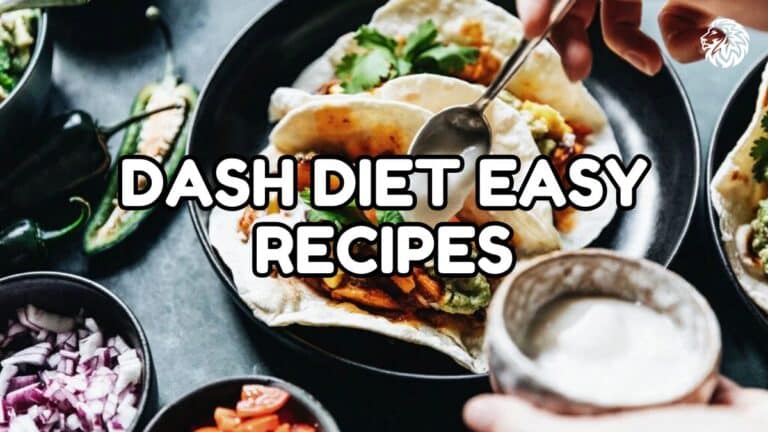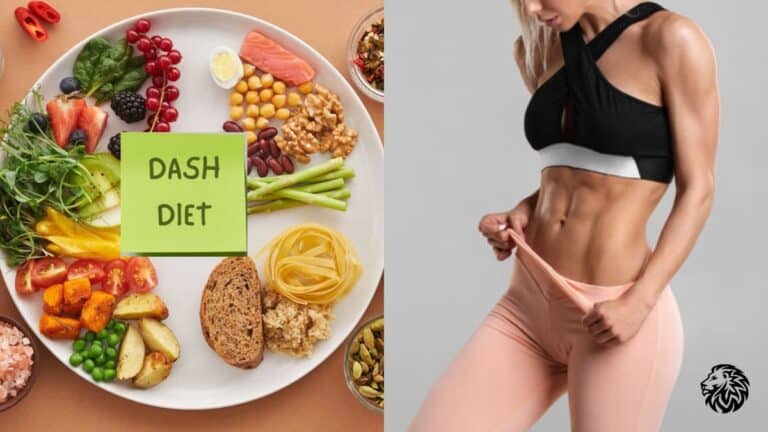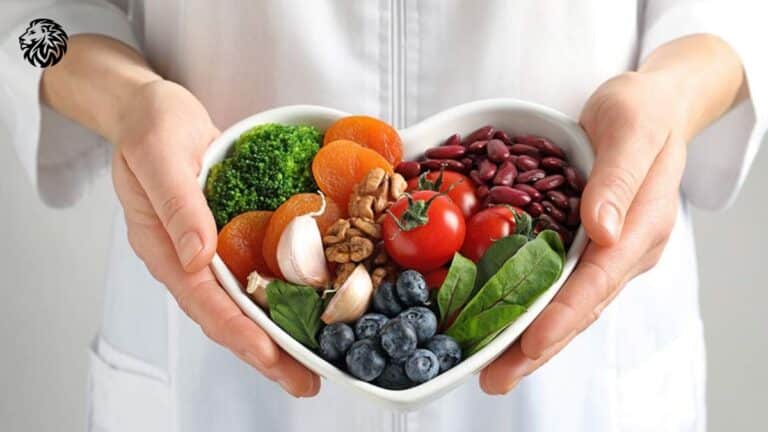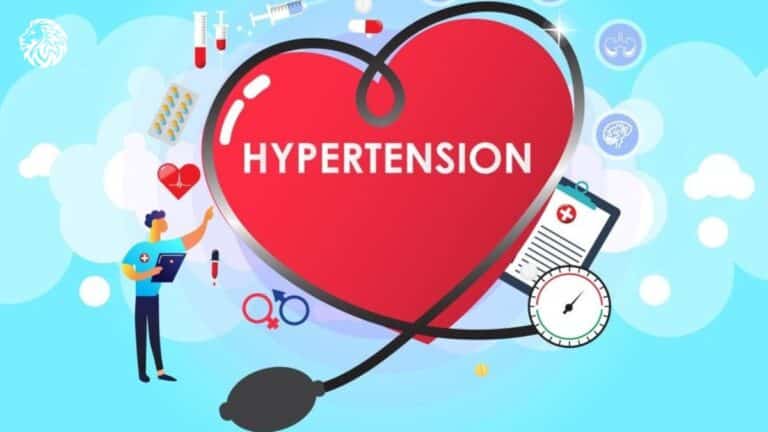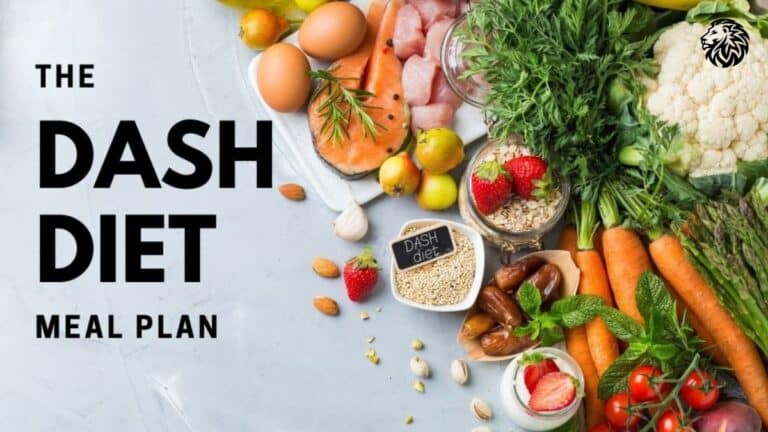If you’re exploring the DASH (Dietary Approaches to Stop Hypertension) diet, you may be wondering how certain foods fit into the plan. Eggs, a versatile and nutritious food, often raise questions when it comes to heart health and blood pressure management. So, can you have eggs on the DASH diet? The short answer is yes, but with some considerations about portions and preparation methods.
Understanding the DASH Diet
The DASH diet is designed to help reduce high blood pressure by promoting foods rich in nutrients like potassium, calcium, and magnesium, while limiting sodium. The diet focuses on whole grains, fruits, vegetables, lean proteins, and low-fat dairy. It’s not a restrictive diet but encourages balance and moderation in food choices to support overall health, especially cardiovascular health.
Eggs, especially when cooked in a heart-healthy way, can be included in the DASH diet. To understand how they fit into this eating plan, it’s essential to look at their nutritional benefits and some potential concerns.
Nutritional Benefits of Eggs
Eggs are packed with nutrients, making them a great option for those following the DASH diet. One large egg contains around 70 calories, 6 grams of protein, and an array of vitamins and minerals such as vitamin D, vitamin B12, and selenium. The protein in eggs is complete, meaning it contains all the essential amino acids your body needs to build and maintain muscle, making eggs a valuable protein source.
Here’s a closer look at some key nutrients found in eggs:
- Protein: Eggs provide a high-quality source of protein, which helps keep you full and can be beneficial for weight management.
- Vitamin D: Eggs are one of the few foods that naturally contain vitamin D, which plays a role in bone health and immune function.
- Choline: This nutrient is vital for brain health, and eggs are one of the richest dietary sources.
- Healthy Fats: Eggs contain omega-3 fatty acids (especially in enriched varieties), which are important for heart health.
Cholesterol and Eggs: Should You Be Concerned?
For years, eggs were considered problematic due to their cholesterol content. One large egg contains about 185 milligrams of cholesterol, which is found mostly in the yolk. This led to concerns that eating eggs could raise blood cholesterol levels and increase the risk of heart disease. However, more recent research shows that dietary cholesterol doesn’t have as much of an impact on blood cholesterol levels as once thought.
In fact, for most people, consuming moderate amounts of eggs doesn’t significantly raise cholesterol levels or increase the risk of heart disease. This is especially true when eggs are consumed as part of a balanced diet like DASH, which emphasizes whole grains, fruits, vegetables, and lean proteins.
That being said, if you have existing high cholesterol or heart disease, it’s still wise to monitor your overall dietary cholesterol intake. For people with these conditions, it’s a good idea to stick to egg whites or limit yolk consumption to a few times per week, balancing it with other lean protein sources like fish, poultry, and legumes.
How Eggs Fit Into the DASH Diet
The DASH diet emphasizes lean proteins, such as fish, chicken, and plant-based proteins, but it also allows room for moderate amounts of other protein sources, including eggs.
Here are a few tips to keep in mind when including eggs in your DASH diet plan:
- Portion Control: While eggs are nutritious, moderation is key. If you’re concerned about cholesterol or already have high cholesterol, consider limiting your intake of whole eggs to 2-4 per week. You can also opt for egg whites, which are cholesterol-free, for a heart-healthier option.
- Heart-Healthy Cooking Methods: How you prepare eggs matters. Stick to cooking methods that don’t add unnecessary saturated fat or sodium. Boiling, poaching, or scrambling eggs with minimal oil (using healthy oils like olive oil) are great choices. Avoid frying eggs in butter or adding processed meats like bacon, which can increase your sodium and unhealthy fat intake.
- Balance with Other Protein Sources: The DASH diet encourages variety in protein sources. While eggs can certainly be part of your protein intake, it’s essential to balance them with plant-based proteins (like beans, lentils, and tofu) and lean meats (such as chicken and fish). This helps you maintain a diet rich in diverse nutrients while keeping your cholesterol intake in check.
Healthy Ways to Incorporate Eggs into the DASH Diet
Here are some DASH-friendly ways to enjoy eggs while keeping your meals nutritious and heart-healthy:
- Veggie-Packed Scrambles: Add spinach, bell peppers, tomatoes, and onions to scrambled eggs for a fiber- and nutrient-rich meal. The vegetables add bulk and flavor while keeping the dish low in calories and sodium.
- Hard-Boiled Eggs for Snacking: Hard-boiled eggs make a convenient, protein-packed snack that’s easy to grab on the go. Pair them with a handful of fresh veggies or whole-grain crackers for a balanced snack.
- Egg White Omelets: If you’re concerned about cholesterol but still want the benefits of eggs, make an egg white omelet loaded with vegetables and a sprinkle of low-fat cheese. It’s filling, nutritious, and heart-healthy.
- Egg Salad with a Twist: Traditional egg salad can be high in saturated fats if made with mayonnaise. For a DASH-friendly version, use mashed avocado or low-fat Greek yogurt instead. This swap reduces unhealthy fats while boosting nutrients.
- Poached Eggs on Whole-Grain Toast: For a simple and satisfying breakfast, top whole-grain toast with a poached egg and a sprinkle of pepper. Whole grains are a staple of the DASH diet, and the combination of fiber from the bread and protein from the egg will keep you full and energized.
Eggs and Sodium Intake
One of the main goals of the DASH diet is to lower sodium intake, as too much sodium can raise blood pressure. Eggs themselves are naturally low in sodium, with one large egg containing only about 70 milligrams. However, it’s important to be mindful of what you pair with your eggs. Avoid processed foods like bacon, sausages, or pre-made sauces, which can add significant amounts of sodium to your meal. Instead, opt for fresh vegetables, herbs, and spices to flavor your dishes.
Final Thoughts: Eggs and the DASH Diet
Eggs can absolutely be part of the DASH diet when eaten in moderation and prepared in heart-healthy ways. They offer a rich source of protein and important nutrients like vitamin D and choline, making them a valuable addition to your diet. Just be mindful of your portion sizes and cooking methods to ensure you’re getting the most benefits without adding unnecessary fats or sodium.
Incorporating eggs into a DASH-friendly meal plan is easy, and with a little creativity, they can be a versatile and nutritious part of your daily routine. Whether you enjoy them boiled, scrambled, poached, or as part of a veggie-filled dish, eggs can help you maintain a balanced diet that supports your heart health and overall wellness.

